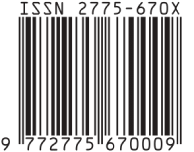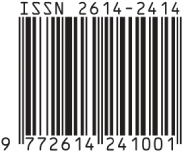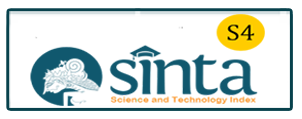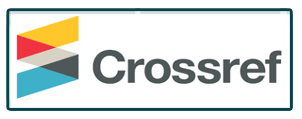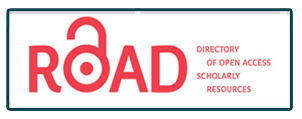MECHANISM TO OVERCOME STIGMA IN PUBLIC CLIENTS - A CASE STUDY OF DRUG CLIENTS AT CLASS I PRIVATE VOCATIONAL SCHOOL, JAKARTA SELATAN
MEKANISME MENGATASI STIGMA DI KALANGAN KLIEN PEMASYARAKATAN - STUDI KASUS KLIEN NARKOBA DI BALAI PEMASYARAKATAN KELAS I JAKARTA SELATAN
Abstract
The research discusses the coping stigma mechanism by drug correctional clients at Class I Correctional Center South Jakarta. Research is a qualitative study and uses the method of unstructured interviews, which are conducted by interviewing narcotics correctional client and correctional supervisor who are directly related to correctional client in providing social guidance. Guidance provided to correctional clients is an effort of correctional institutions to achieve successful social reintegration. The social reintegration program in the penal system in Indonesia regarding planning assistance and supervision of criminals so that they stop committing crimes and can successfully return to the community. However, the results of the study indicate that stigma in the community towards ex-convicts still leads to negative stigma. As one of the extraordinary crimes, drugs abuse have a large impact and multi-dimensional against social, cultural, economic, and political. This makes former drug convicts more vulnerable to negative stigma in society. The results also showed that each correctional client had a different view of the stigma in the community regarding ex-convicts. Because they have different views on stigma, the coping stigma mechanism by the drug correctional client are also different. Stigma on ex-convicts in the community is seen as adversity. To overcome the adversity, correctional clients will go through resilience process including coping stigma mechanism. In the resilience process found support from the community and having a stable job will helps correctional clients overcoming the stigma given by the community.

This work is licensed under a Creative Commons Attribution-NonCommercial 4.0 International License.


